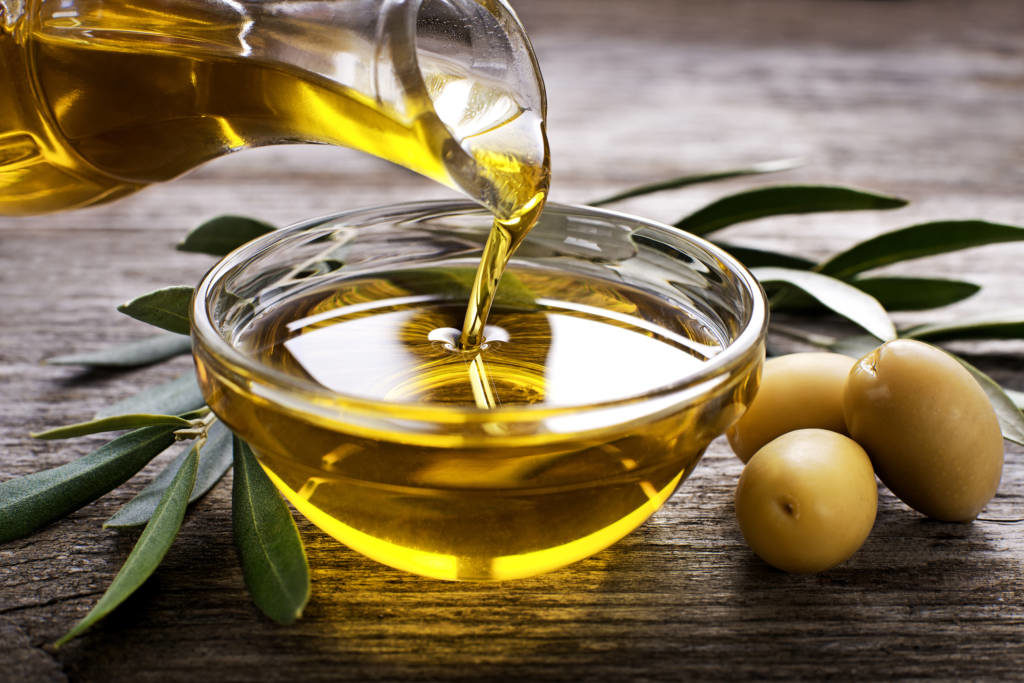Olive oil is used for culinary purposes; in topical creams, ointments, and lip balms; and as a carrier for fat-soluble vitamins and herbal extracts in dietary supplements.
Adulteration with lower-cost ingredients is frequent, because financial gains are relatively large and availability of high-grade olive oil is relatively low. High-grade olive oil can be adulterated with low-grade olive oil and vegetable oils including canola, hazelnut, sunflower, and soybean. Pigments such as chlorophyll and beta-carotene are added without declaration on certificates of analysis for bulk ingredients or on consumer product labels to enhance color.
The LGD was written by Rodney J. Mailer, Ph.D., former head of the New South Wales Department of Primary Industries’ edible oil research program in Wagga Wagga, NSW, Australia, and Stefan Gafner, Ph.D., American Botanical Council (ABC) Chief Science Officer and BAPP Technical Director.
Related: BAPP Celebrates 10 Years Fruit d’Or Discusses Efforts to Educate on Whole Fruit Cranberry Powder BAPP Confirms Adulterated Materials Sold as Elderberry
The LGD defines olive oil quality requirements, lists known adulterants, and summarizes analytical approaches to detect adulterants. It was reviewed by 23 experts from academia, government, contract analytical oil, and the vegetable oil, dietary supplement, and cosmetic industries.Dr. Gafner commented in the press release: “Olive oil is one of the most important but also one of the most frequently adulterated food ingredients. The large number of official and unofficial methods that are available to authenticate olive oil and detect its adulteration reflects the popularity of the oil and the many ways to adulterate it. In order to keep the LGD concise and analyst-friendly, we focused on the authentication assays that are most relevant for the industry and relatively recent analytical methods that may be of interest to companies planning to invest in advanced technologies. This new document can make it easier for analysts to navigate the ocean of available methods in order to select the most suitable option for their lab.”
ABC Founder and Executive Director Mark Blumenthal added: “Olive oil is a ubiquitous ingredient in the conventional food supply as well as in consumer herb products and cosmetics, and it has been known to be subject to widespread adulteration for decades, if not longer. The new BAPP Laboratory Guidance Document is a valuable technical guide for commercial entities in various industries as well as researchers and regulators so they can utilize appropriate analytical methods for olive oil authenticity testing and be more confident of the results.”
This LGD is the 11thin the LGD series, and the 65thpeer-reviewed publication from BAPP.










